Kenyan Teachers Find Opportunities in Germany’s Kindergarten Shortage
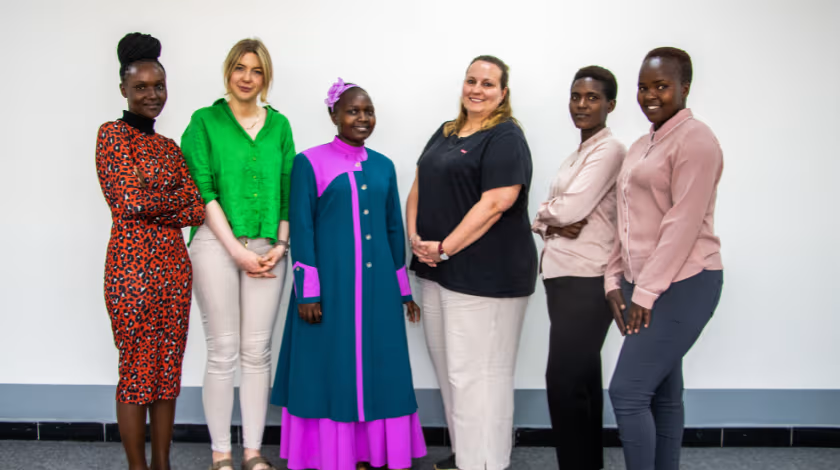
On February 22, a delegation of German kindergarten employers descended on Nairobi—not as tourists, but as talent scouts. Their mission was to meet students at the AG German Institute, trained Kenyan early childhood education (ECE) teachers eager to fill a critical gap half a world away. What unfolded was a story of ingenuity, ambition, and the power of global collaboration.
Germany, Europe’s economic titan, faces a childcare crisis. A dire shortage of kindergarten teachers has left an estimated 400,000 daycare spots vacant, stranding parents and jeopardizing early education. Meanwhile, in Kenya, the opposite problem persists: a surplus of skilled ECE teachers with degrees, like the B.Ed in Early Childhood Education, but a scarcity of jobs to match their expertise. Many remain underemployed, their potential untapped.
Seeing a solution in this disparity, the AG German Institute launched a bold recruitment drive in autumn 2024. The response was staggering—2,000 applications flooded in. After meticulous screening, around 40 candidates from Eldoret and Nairobi were selected, each armed with credentials and a determination to seize this rare opportunity.
Their journey began with German language lessons, starting at A1 level and targeting B2 proficiency—the gateway to teaching in Germany. The training went beyond grammar and vocabulary; it was a crash course in cultural adaptation, preparing them for life and work in a new land. By February, these candidates had made impressive progress, actively studying and working toward their B2 certification.
The German employers arrived, expecting to hire a few standout teachers. Instead, they were floored by the group’s dedication and skill. Plans shifted on the spot: 10 candidates—more than anticipated—received job offers, each with a salary of 500,000 Kenyan Shillings per month. For these teachers, it’s a transformative windfall; for Germany, a lifeline to ease its childcare woes.
The impact ripples further. This pilot program proves that local challenges can find answers abroad, blending Kenyan talent with German need. The remaining candidates continue their training, poised to meet more employers soon, while the Institute eyes expansion to sustain this transcontinental pipeline.
In an interconnected world, this Kenya-Germany partnership stands out. It’s not just about filling jobs—it’s about unlocking potential, fostering exchange, and reimagining solutions. As these teachers prepare to board flights to Germany later this year, they carry more than lesson plans: they bring hope for a brighter future, for themselves and the children they’ll teach.
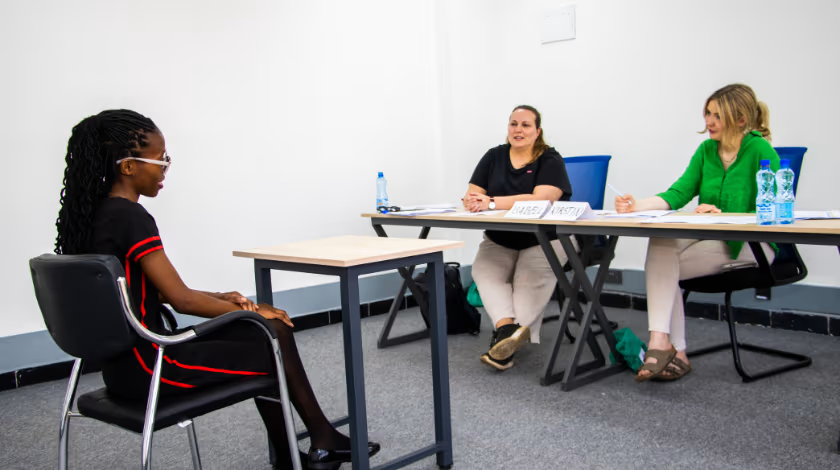
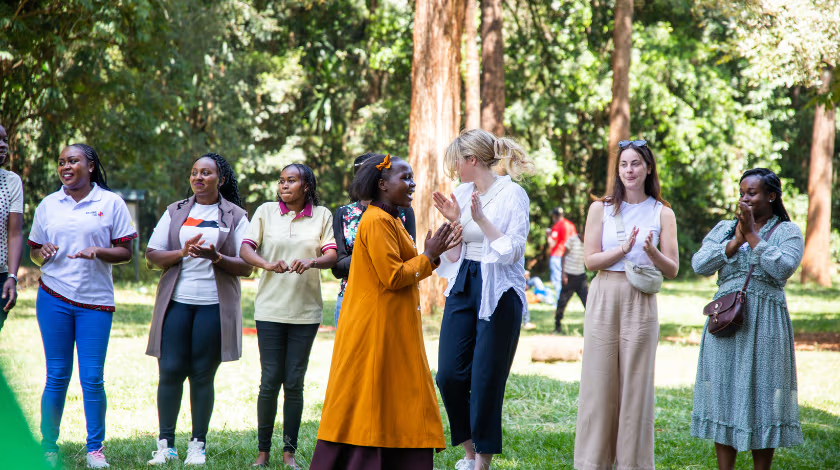
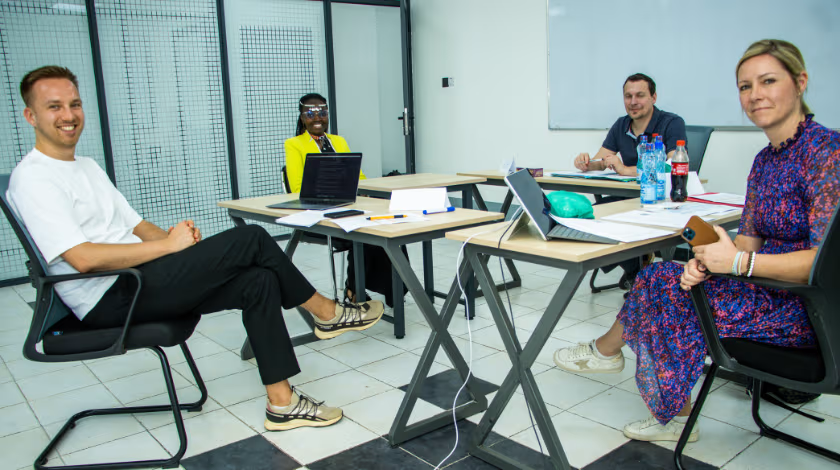
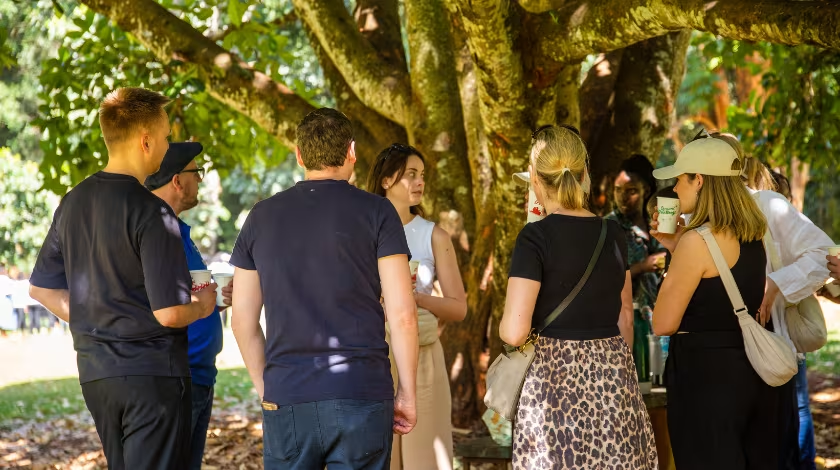
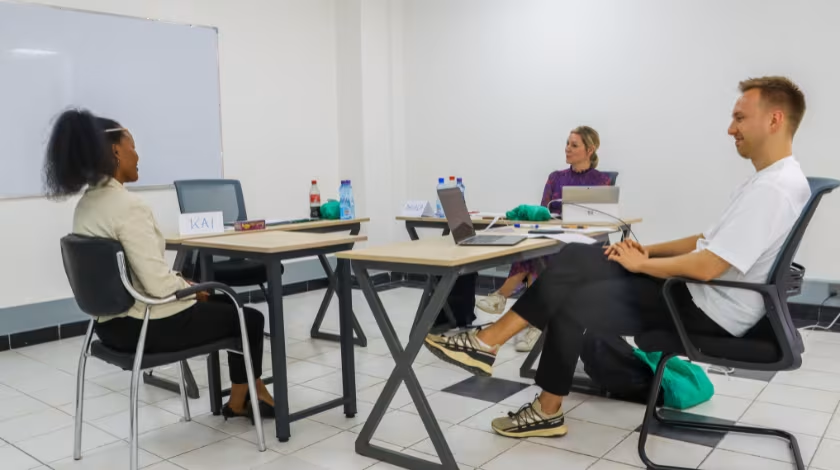
Scholarship for Kenyan Registered Nurses
Kes. 17,500/mo
- Guaranteed interviews with German hospitals
- Digital Course Materials
- Visa, flight ticket & language certificate
- No Extra Costs
The whole course up to B1 takes 6 months. The total cost of the course is 90,000 Ksh and can be paid monthly (15,000Ksh).
General Courses
Kes. 17,500/mo
LANGUAGE ONLY
- Intensive language course
- Digital Course Materials
- Preparation for the Goethe/ÖSD exam
- Face to face classes
A1, A2 and B1 are two-month courses, while B2 is a four-month course. Tuition fees can be paid monthly.